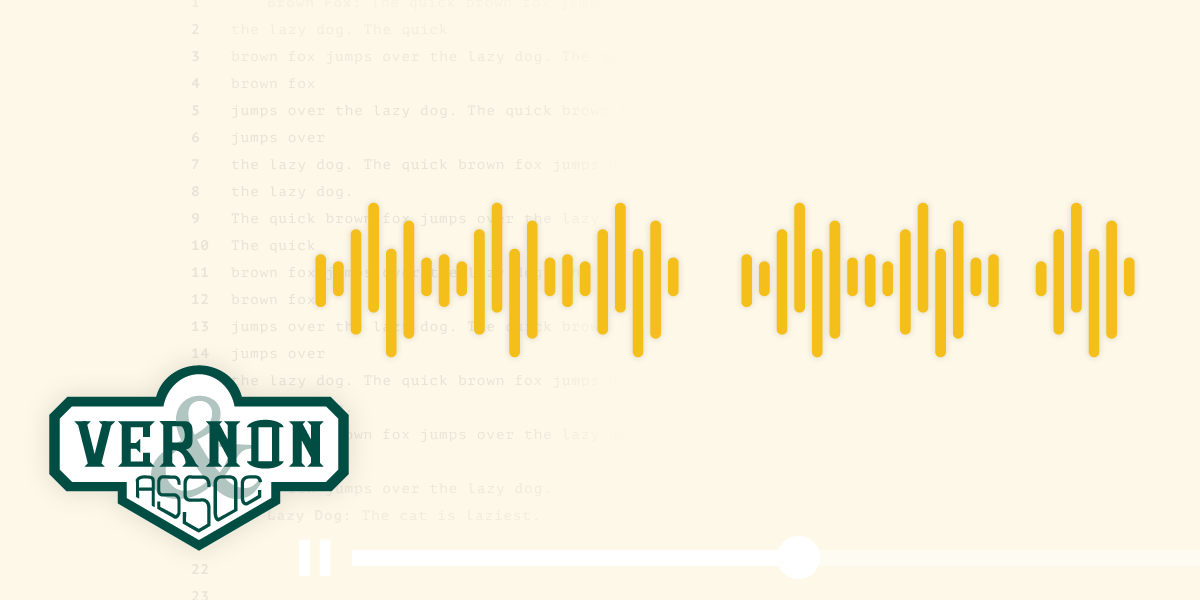As you consider transcribing audio files for use in court, it is crucial to be aware of the legal and professional guidelines that may impact the admissibility and credibility of your transcriptions.
When considering the transcription of audio files for use in court, it’s essential to navigate the maze of legal requirements and professional standards that dictate the admissibility and credibility of such evidence. Here’s a deeper dive into the critical factors to consider:
Maintaining Chain of Custody
A fundamental aspect of legal proceedings is the chain of custody, which tracks how evidence is handled, stored, and transferred. This process is crucial to prevent any tampering, alteration, or unauthorized access to the audio files and their transcriptions. Failing to maintain a proper chain of custody can lead to your evidence being deemed inadmissible in court.
Authentication of Audio Files and Transcriptions
Courts often require proof that transcriptions accurately reflect the original recordings. Authentication typically involves validation by a certified court reporter or transcriptionist, who can attest to the accuracy and completeness of the transcription. This step ensures that the evidence presented is a true and reliable representation of the recorded events.
Compliance with Privacy Laws
Transcriptionists must tread carefully when dealing with audio files that contain sensitive information. Adhering to privacy laws and regulations is non-negotiable, especially to safeguard the confidential details of the individuals involved. Violating privacy concerns not only jeopardizes the admissibility of your evidence but can also lead to legal repercussions.
Professional Standards and Qualifications
The credibility of your transcription in a legal context significantly hinges on your qualifications and certifications. Courts recognize the work of certified or qualified court reporters and transcriptionists, whose training ensures a high level of accuracy and reliability. Engaging in transcription work for legal proceedings without the necessary credentials could result in your submissions being questioned or dismissed.
Jurisdictional Rules on Admissibility
It’s crucial to understand that the rules governing the admissibility of transcribed audio files vary by jurisdiction. Some states operate under single-party consent laws, allowing recordings if one party involved consents, while others require dual-party consent, demanding that all parties involved agree to the recording. Additionally, courts may have specific formatting requirements and demand certain certifications for transcribed documents to be accepted.
Special Formatting and Certifications
Beyond general legal considerations, courts often have stringent requirements regarding the format of submitted transcriptions and may require specific certifications to accompany these documents. Ensuring your transcriptions meet these criteria is essential for their acceptance and use in legal proceedings.
Navigating these complexities is paramount for anyone looking to use transcribed audio files in court. Understanding and adhering to the legal and professional guidelines, as well as the specific requirements of the jurisdiction in question, are critical steps in ensuring that your transcribed evidence is credible, admissible, and capable of withstanding legal scrutiny.


